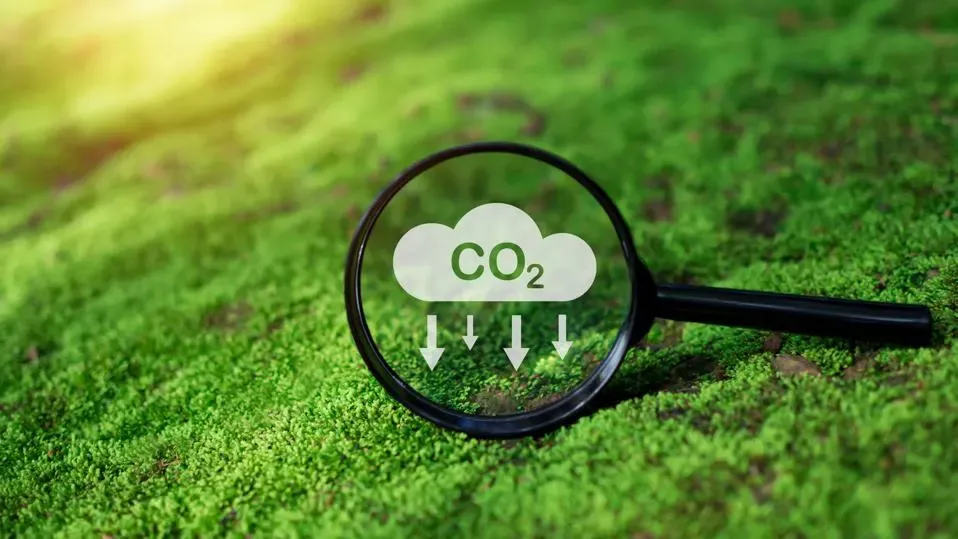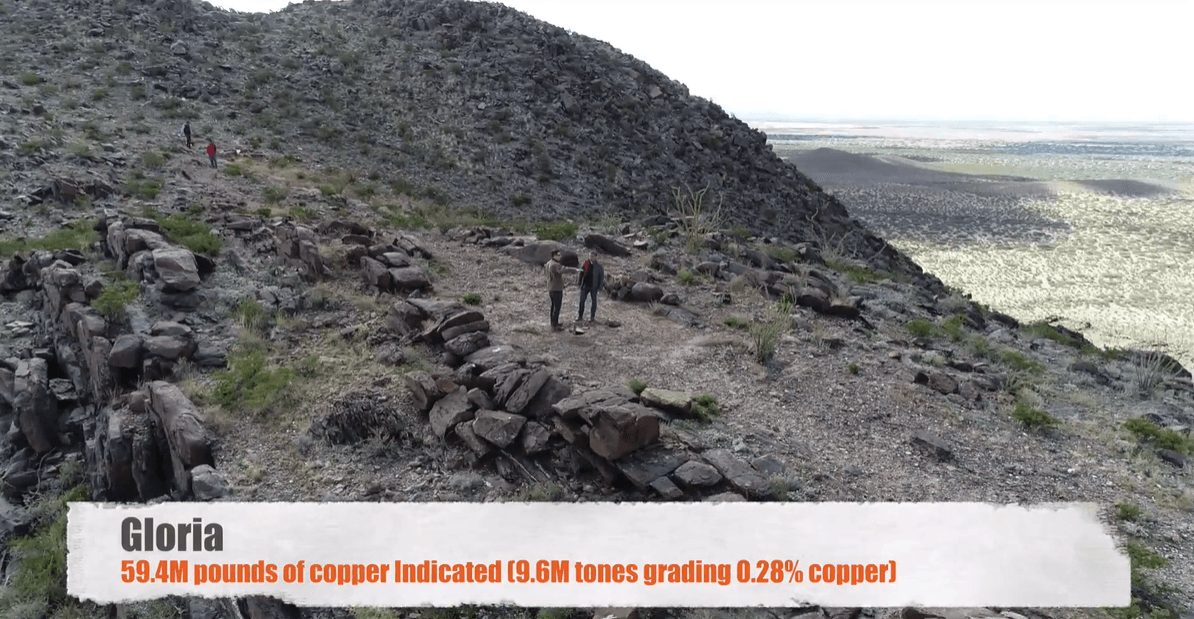Follow Us
Join our newsletter
Get the latest news delivered to your inbox.
Thank you for contacting us.
We will get back to you as soon as possible
We will get back to you as soon as possible
Oops, there was an error sending your message.
Please try again later
Please try again later
News & Updates

29 Apr, 2024
The U.S. Department of Energy’s (DOE) Office of Fossil Energy and Carbon Management (FECM) today announced two projects selected to receive a total of $23.2 million to evaluate the potential of oil and gas production and geologic storage of carbon dioxide (CO2) from unconventional reservoirs through a combined process that uses captured CO2 emissions to recover residual oil—called CO2 enhanced oil recovery (CO2-EOR). The projects will help evaluate the feasibility for permanent storage of CO2 in depleted unconventional shale oil and gas reservoirs, repurposing existing infrastructure in support of the Biden-Harris Administration’s historic decarbonization goals.

24 Apr, 2024
While you may know it as the substance that allows balloons to defy gravity, the uses of helium extend far beyond mere amusement.
In scientific research, helium is indispensable—used in everything from cooling the powerful magnets in MRI machines to enabling the Large Hadron Collider to delve into the mysteries of particle physics.
You rely on its unique properties often without even realising it, as it quietly underpins a multitude of technologies woven into the fabric of daily life.
Yet, as we stand on the brink of new scientific revelations, it’s crucial to understand why the scarcity of this unsung hero could pose a threat to innovation and what steps the global community must take to ensure its availability for future generations.

22 Apr, 2024
While the global economy relies on many commodities, none come close to the massive scale of the oil market.
Besides being the primary energy source for transportation, oil is a key raw material for numerous other industries like plastics, fertilizers, cosmetics, and medicine. As a result, the global physical oil market is astronomical in size and has a significant economic and geopolitical influence, with a few countries dominating global oil production.
The above infographic puts crude oil’s market size into perspective by comparing it to the 10 largest metal markets combined. To calculate market sizes, we used the latest price multiplied by global production in 2022, based on data from TradingEconomics and the United States Geological Survey (USGS).

19 Apr, 2024
The U.S. Department of Energy’s (DOE) Office of Fossil Energy and Carbon Management (FECM) today announced $8 million in federal funding for 14 projects to advance technologies that capture carbon dioxide (CO2) from industrial facilities and power plants and convert those CO2 emissions into valuable products.

15 Apr, 2024
Copper prices hit a nearly two year high this week, and according to analystsat investment bank Citigroup (NYSE:C) that's a sign the red metal has entered its second secular bull market of the century.
Over the past two months, copper has surged by more than 15.75 percent, fueled by disruptions at mining operations that have threatened refined copper production in China, a major global supplier.

10 Apr, 2024
Over the last decade, the United States has established itself as the world’s top producer of crude oil, surpassing Saudi Arabia and Russia.
This infographic illustrates the rise of the U.S. as the biggest oil producer, based on data from the U.S. Energy Information Administration (EIA).

08 Apr, 2024
Electric vehicles (EVs) require a wider range of minerals for their motors and batteries compared to conventional cars.
In fact, an EV can have up to six times more minerals than a combustion vehicle, making them on average 340 kg (750 lbs) heavier.
This infographic, based on data from the International Energy Agency (IEA), compares the minerals used in a typical electric car with a conventional gas car.
Editor’s note: Steel and aluminum are not shown in analysis. Mineral values are for the entire vehicle including batteries and motors.

04 Apr, 2024
Across the United States, the cost of gas has been a hot topic of conversation lately, as prices reach record-breaking highs.
The national average now sits at $5.00 per gallon, and by the end of summer, this figure could grow to $6 per gallon, according to estimates by JPMorgan.
But before we can have an understanding of what’s happening at the pump, it’s important to first know what key factors dictate the price of gas.
This graphic, using data from the U.S. Energy Information Administration (EIA), outlines the main components that influence gas prices, providing each factor’s proportional impact on price.

02 Apr, 2024
Carbon offsets are under intense scrutiny, with recent reports from Amazon to Australia exposing some flaws, which may lead to doubts about their effectiveness and, therefore, distrust. This is made worse by the fact that understanding this whole system- carbon offsets, removal, or avoidance- can be complicated. Think of it as trying to solve a complicated puzzle where various players, including experts, are figuring out how different pieces fit together best. Even with all these difficulties, it's hard to ignore that the voluntary carbon market is expected to grow from $2 billion in 2020 to as much as $200 billion by 2030-40, according to one estimate. Therefore, restoring the trust of investors, governments, and the general public in this market is essential.
Videos
-
Interview to Terrence Martell - Chairman of VVC Resources
Button -
A conversation about the Market with Jim Culver, President & CEO of VVC
Button -
A conversation about the OTCQB Market with Trevor Burbank, VVC's Administrator
Button -
Interview to Terrence Martell, Phd - Chairman Of The Board Of Directors
Button -
Interview to VVC's President & CEO, Jim Culver
Button -
Discover VVC and Gloria
Photo By: John DoeButton -
VVC at Annual PDAC Convention
Photo By: John DoeButton -
VVC Corporate Presentation Intro
Photo By: John DoeButton -
VVC’s BOD Visits Gloria Copper Project
Button -
Gloria Project Intro
Button
Contact
info@vvcresources.com
2369 Kingston Road, PO Box 28059 Terry Town, Scarborough, ON M1N 4E7 Canada
About
Projects
Sign up to receive updates on VVC announcements, launches, and opportunities.
Contact Us
Thank you for signing up!
You will receive VVC updates straight to your inbox.
Oops, there was an error sending your message.
Please try again later.
Please try again later.



















